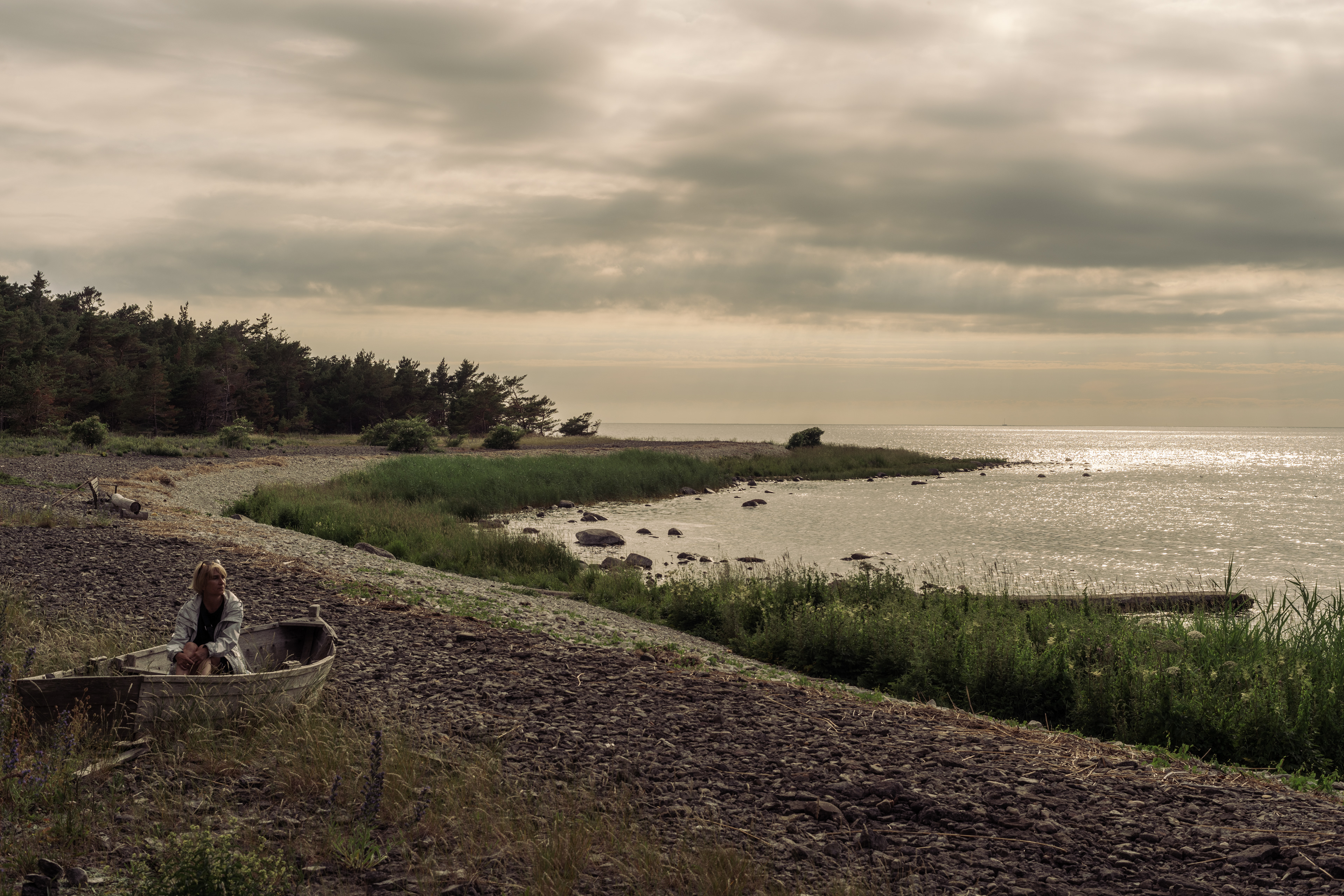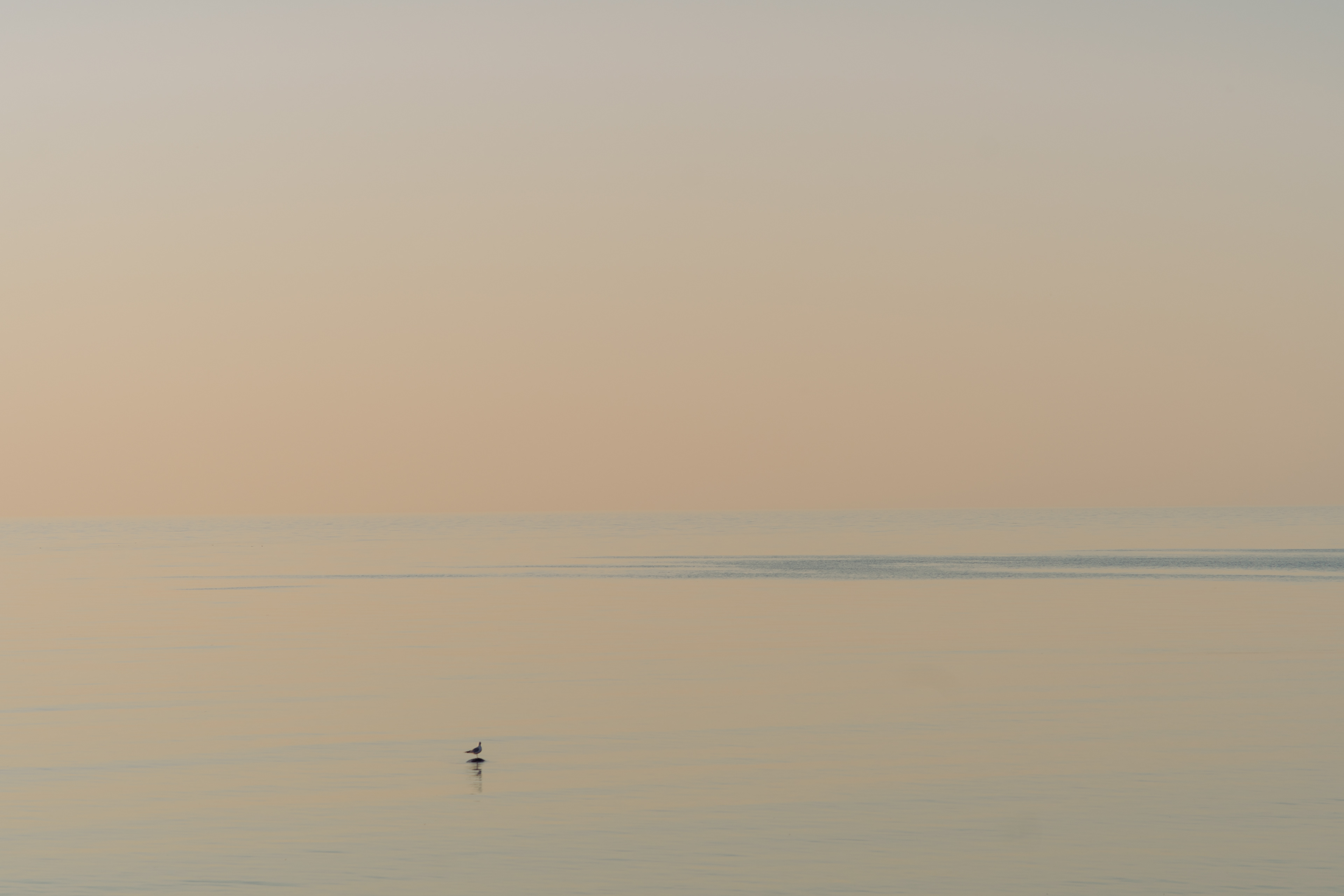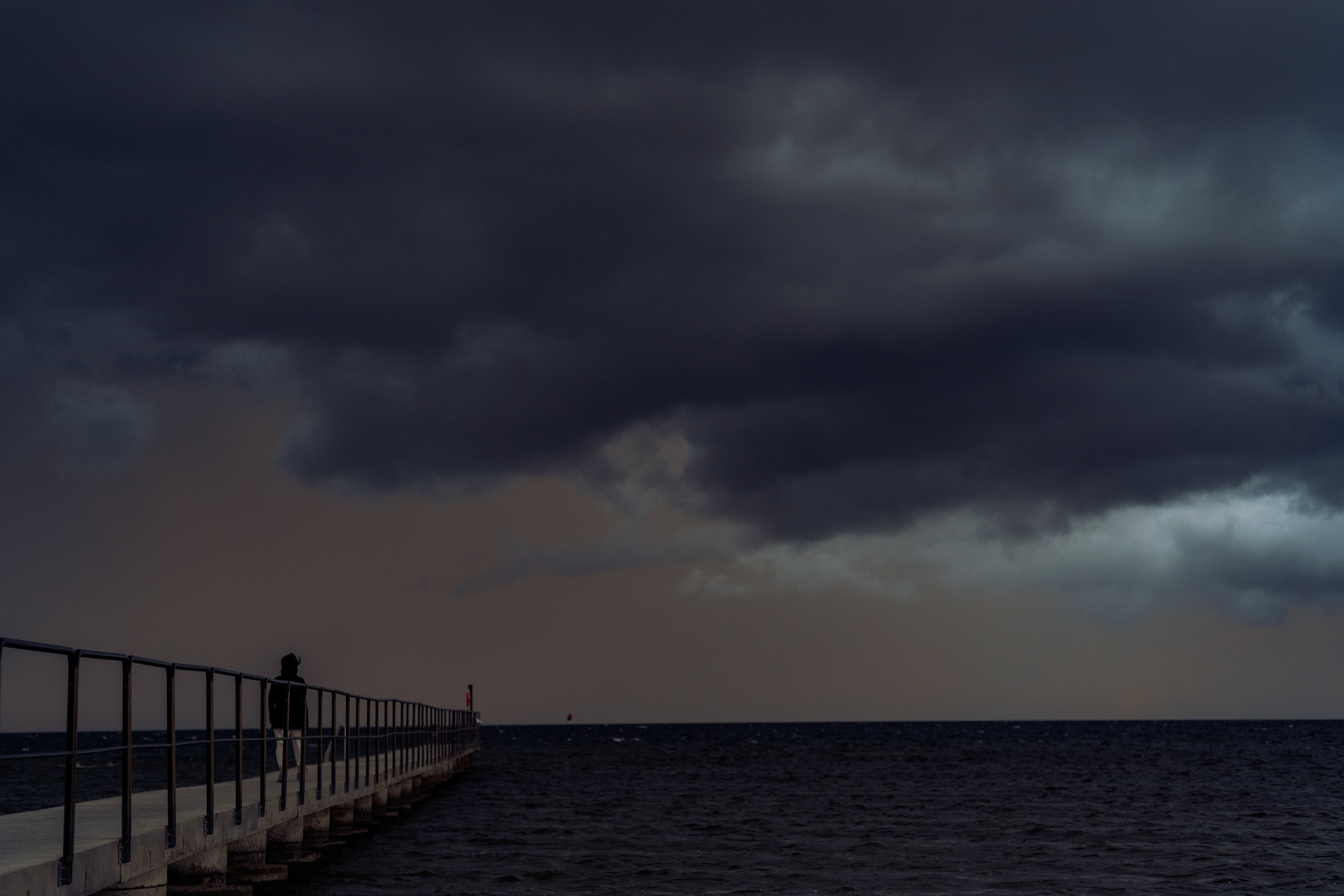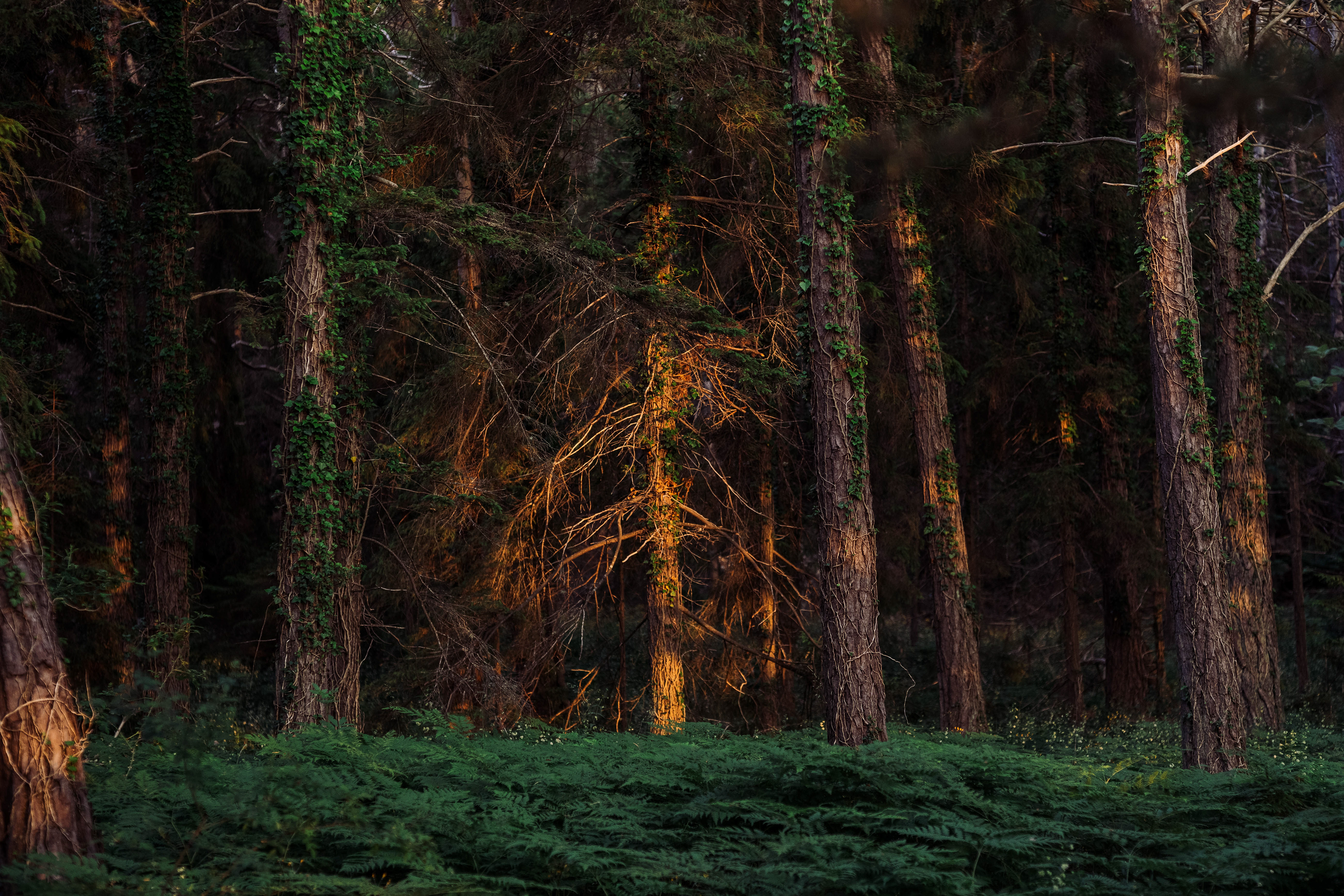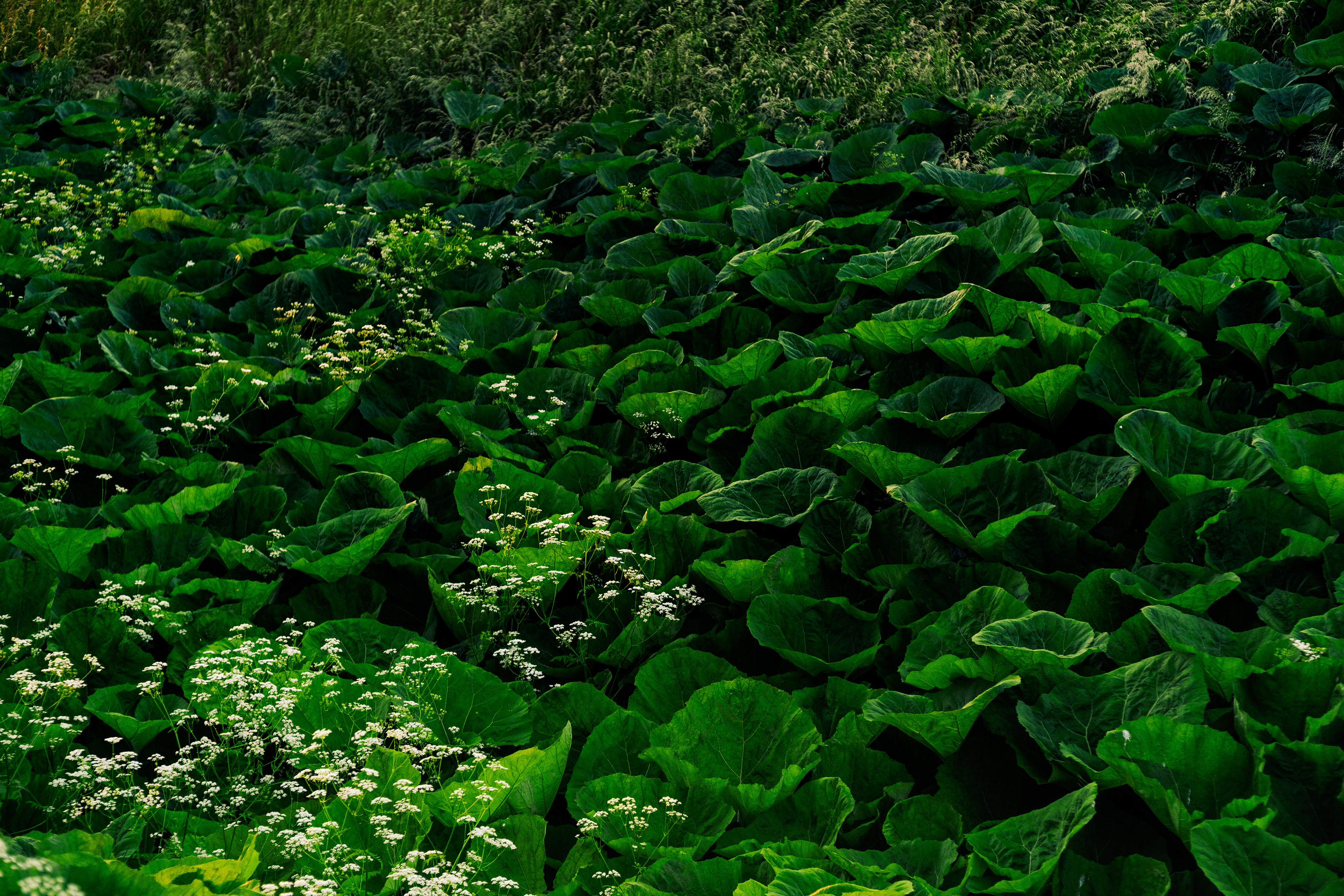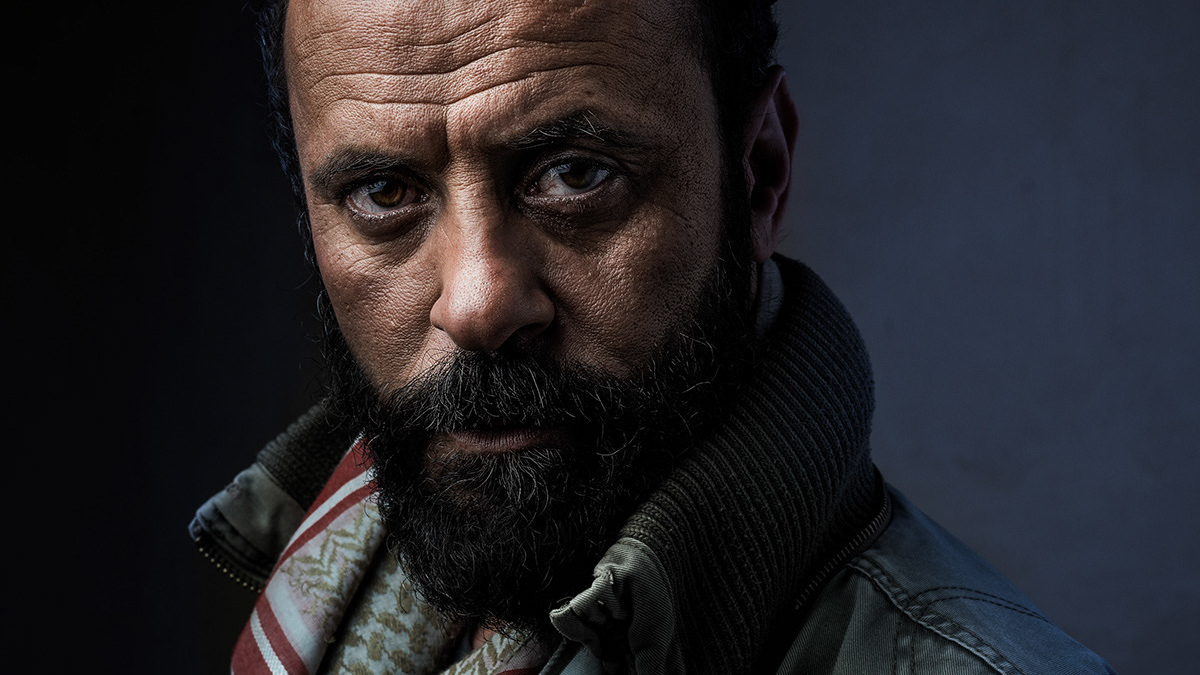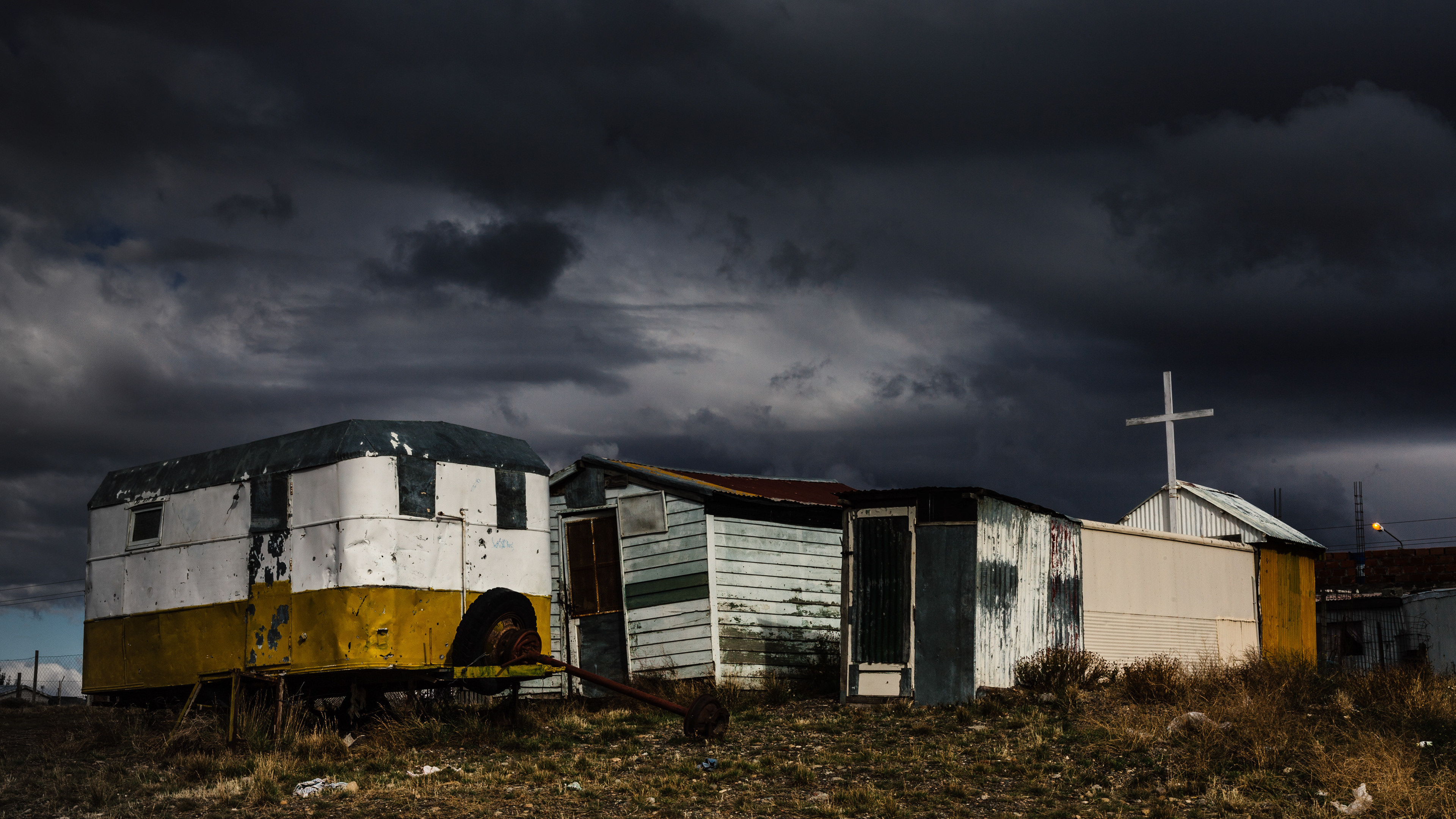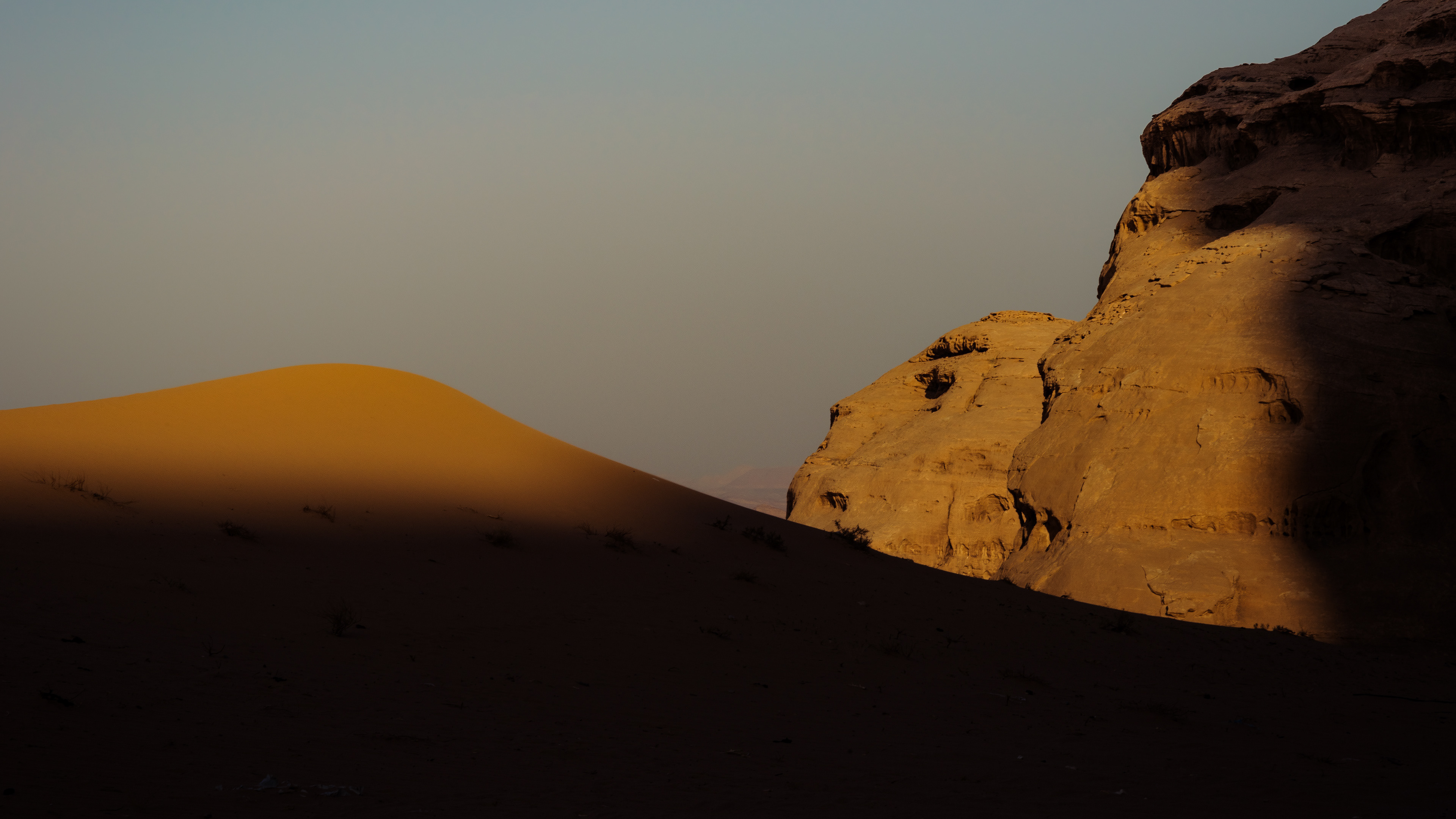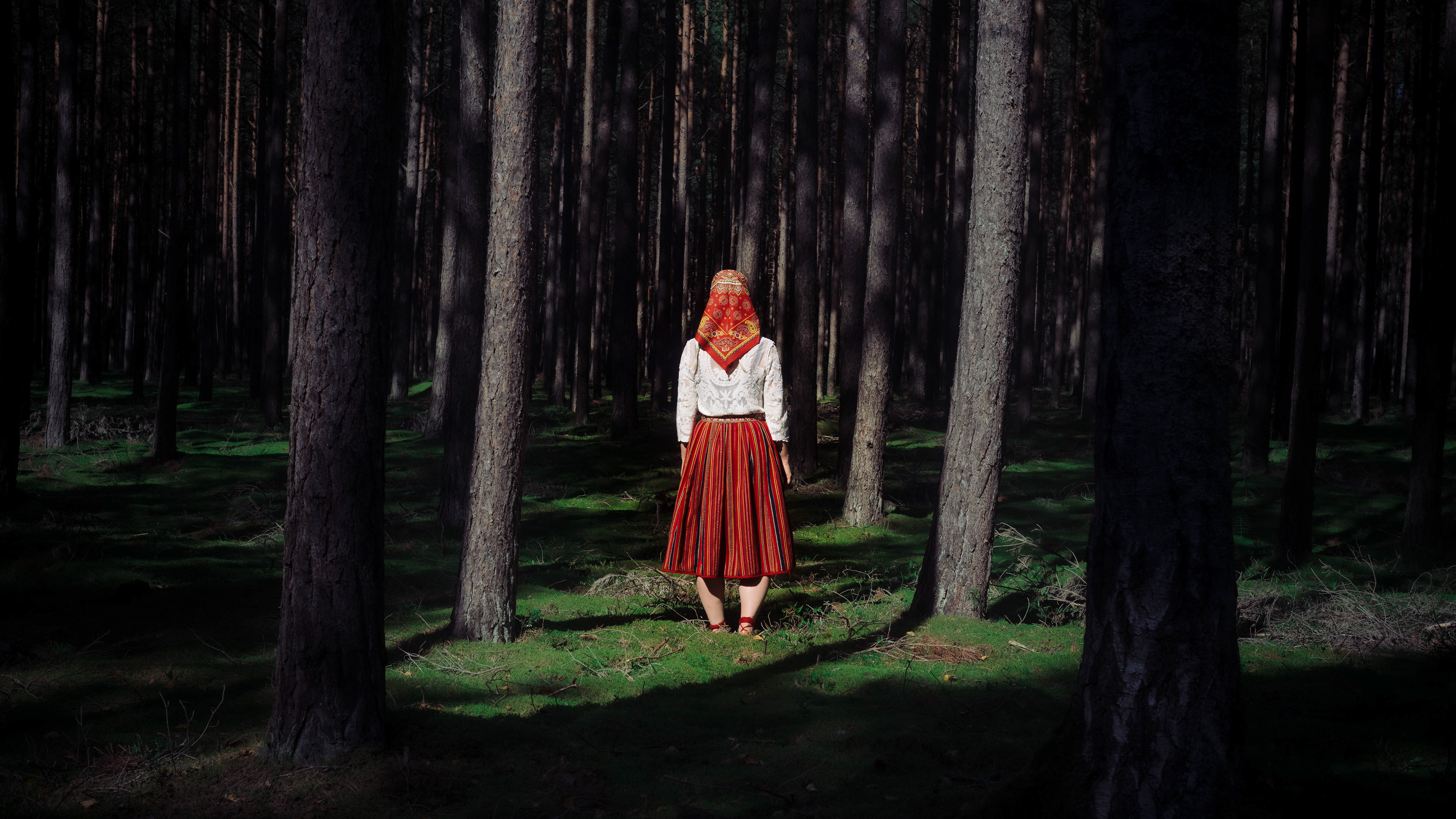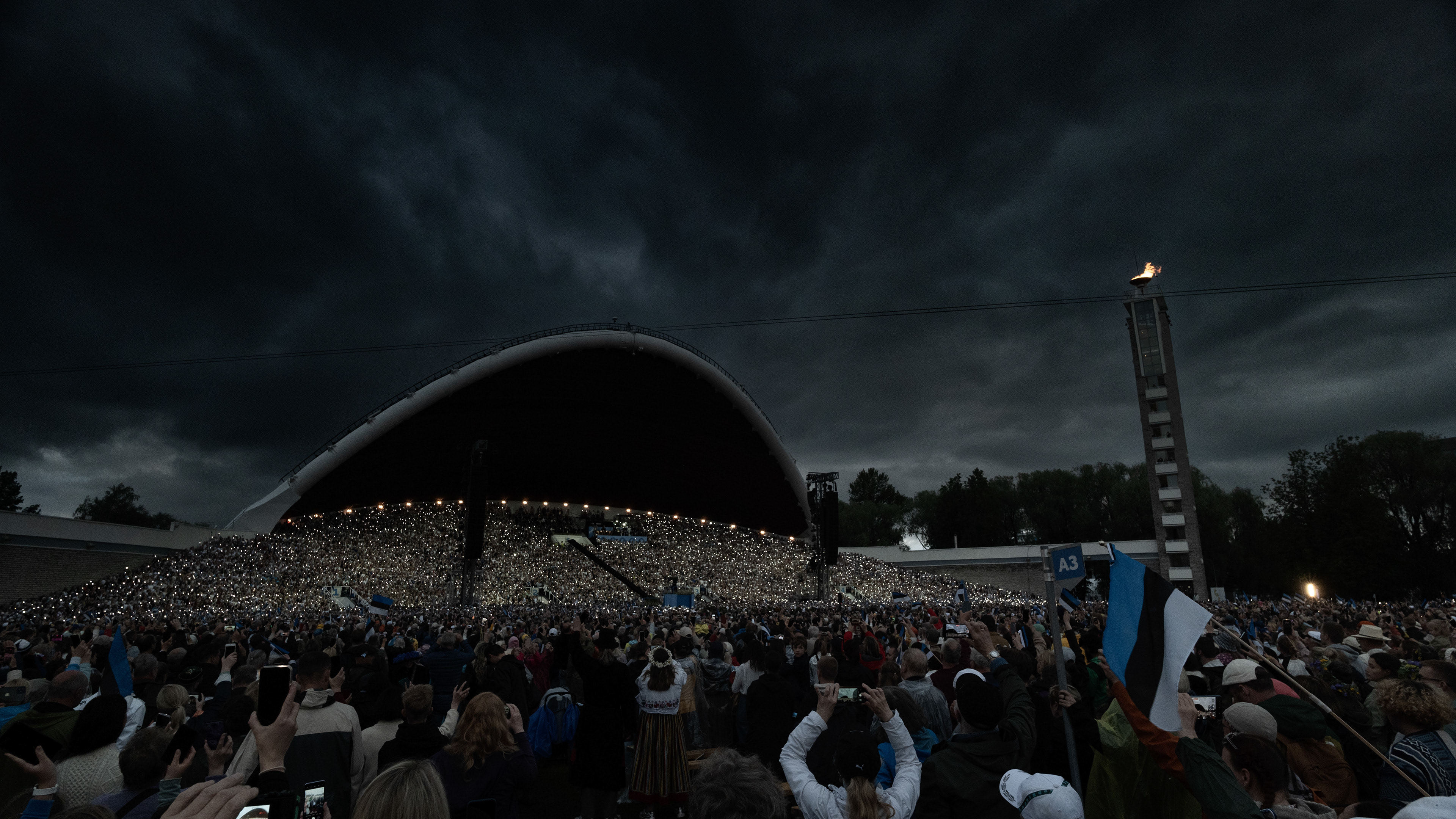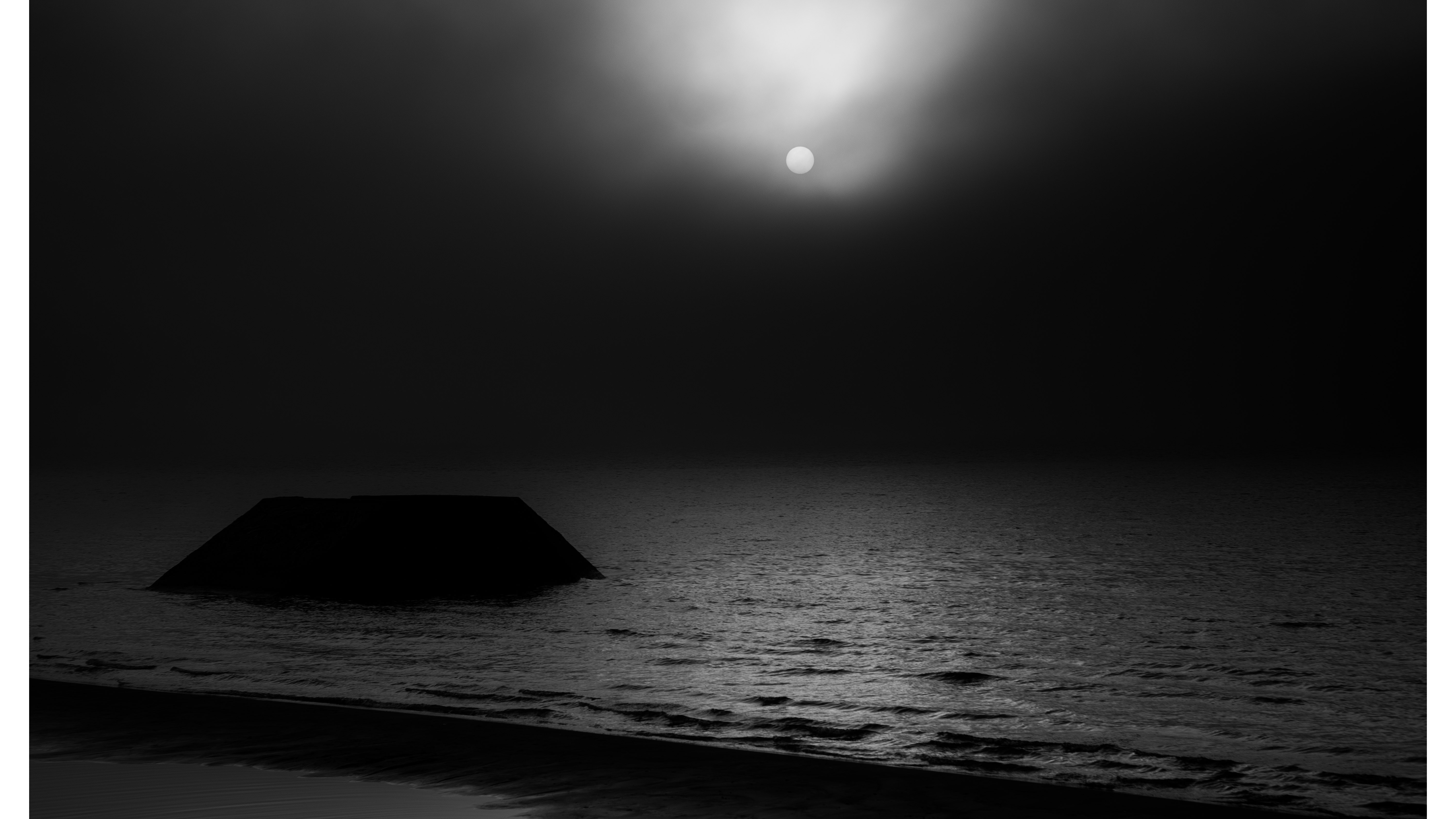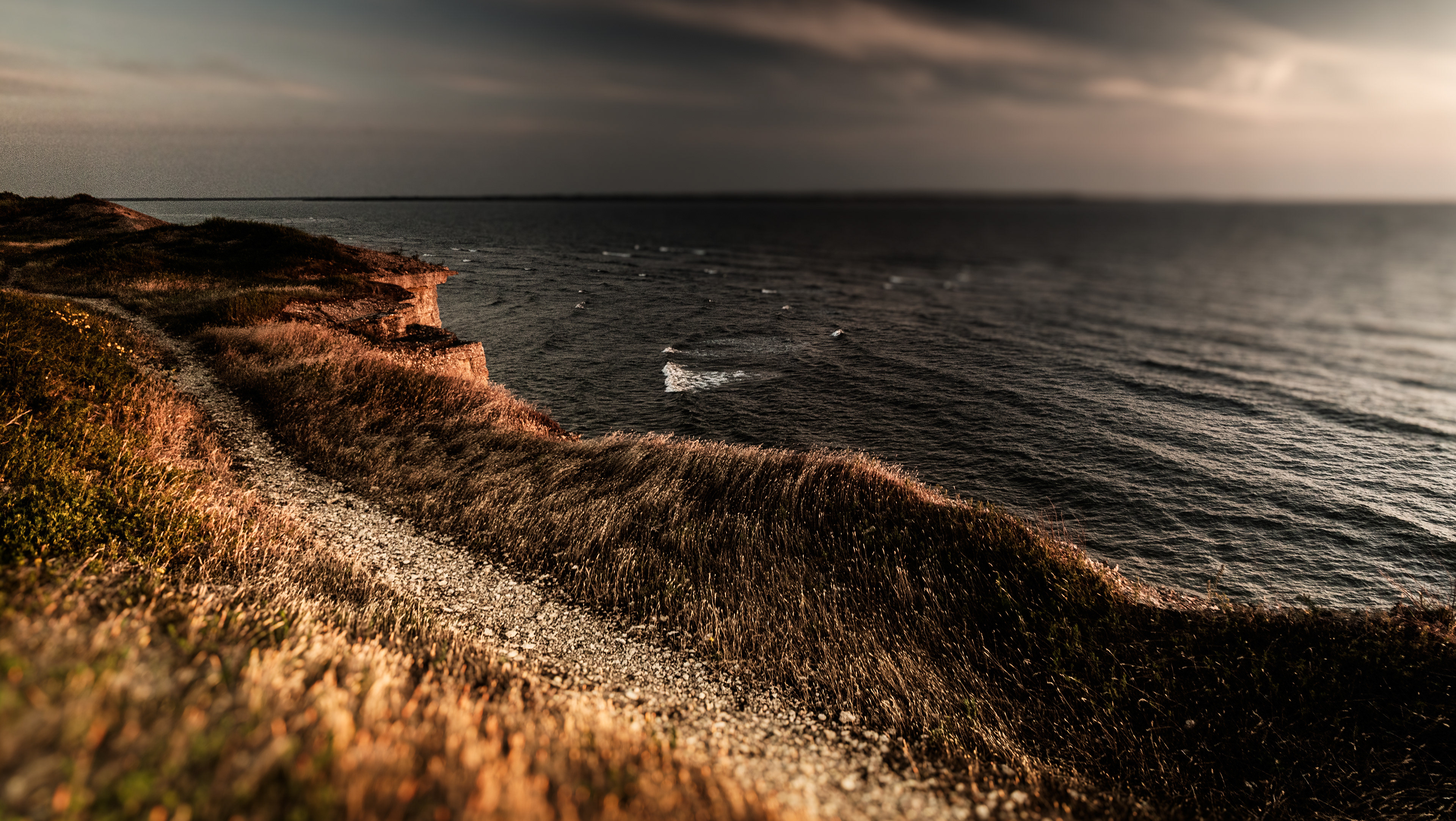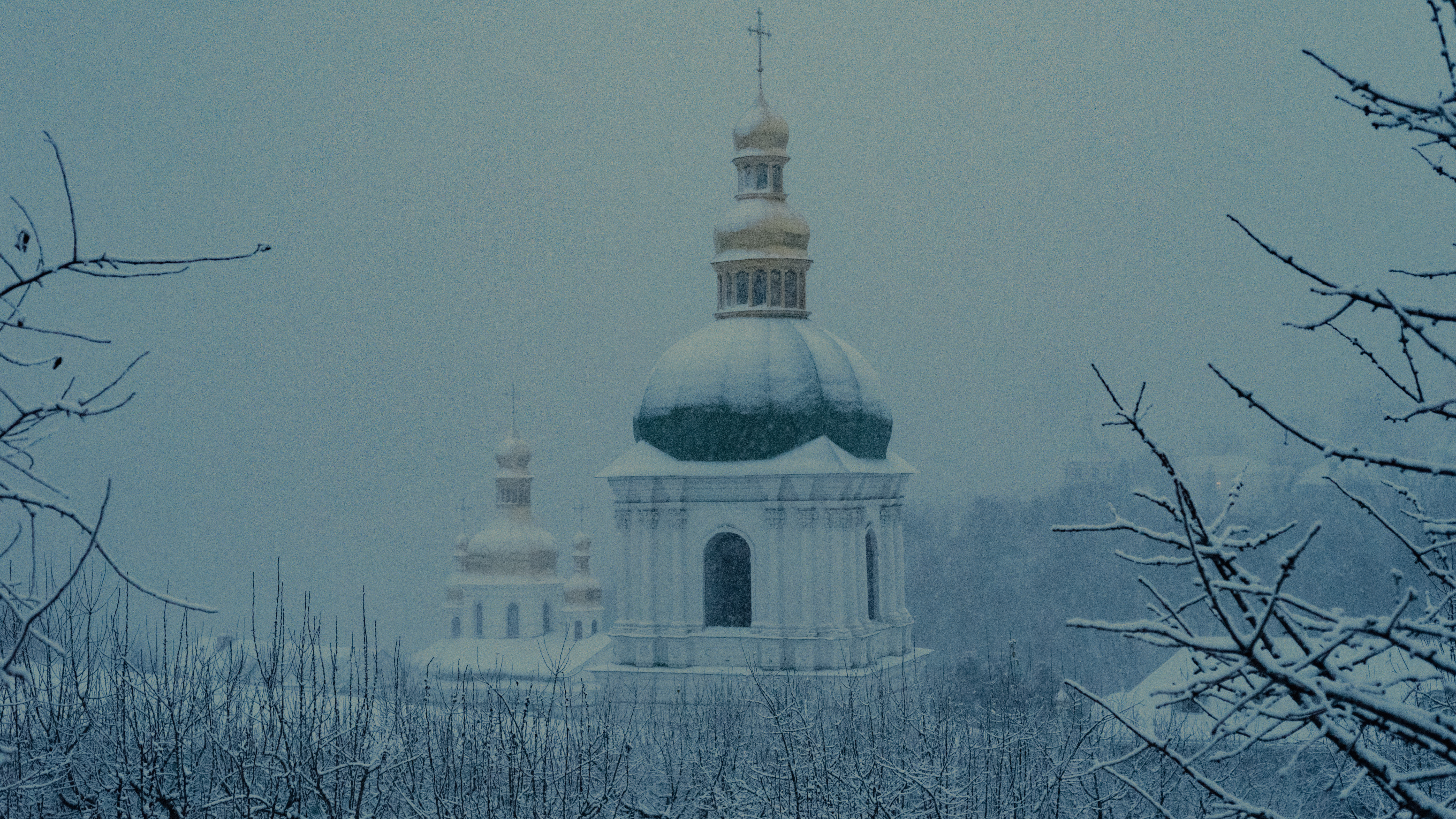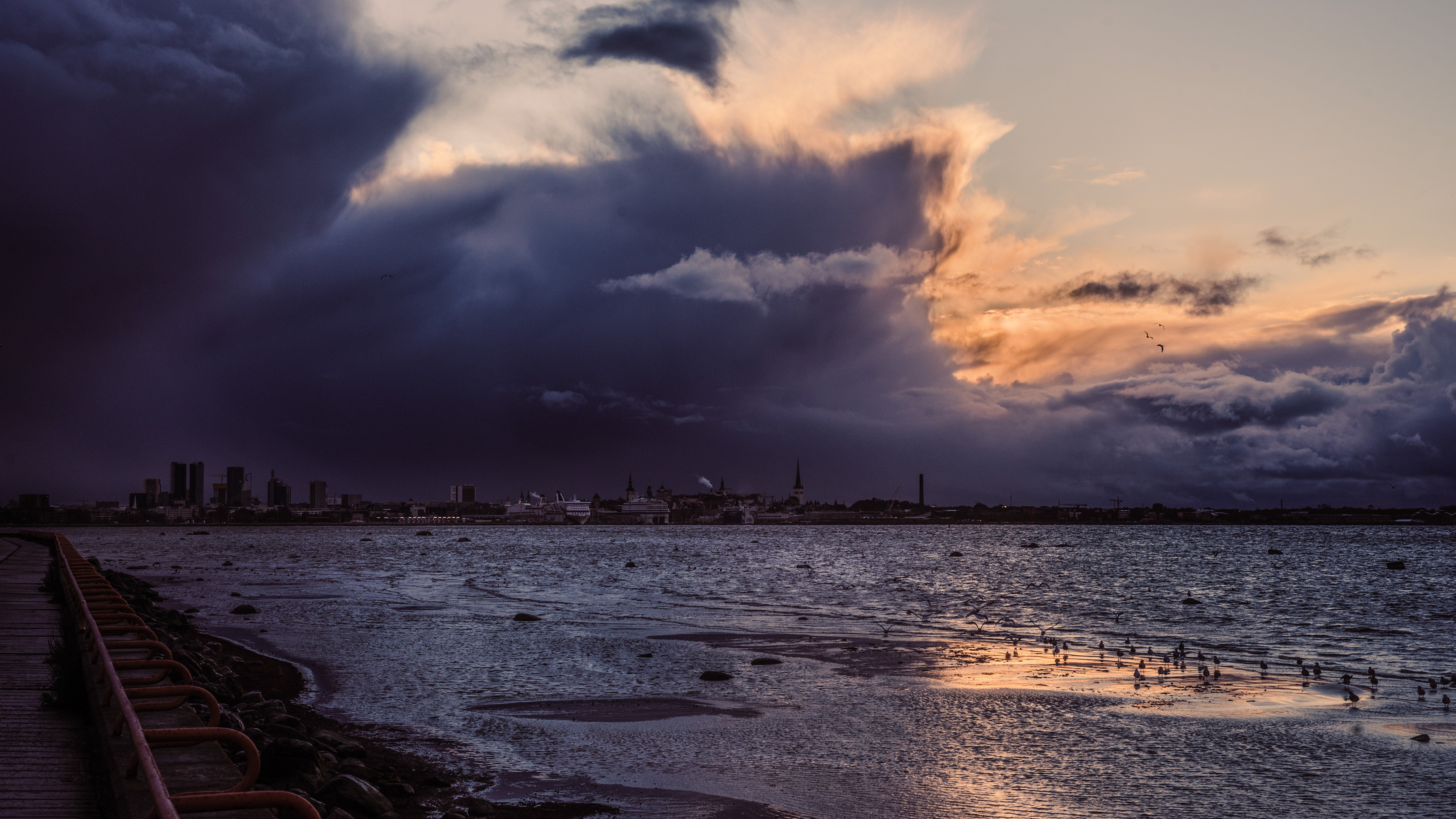Visby, Gotland. June, 2022.
The nights never darken, seagulls call incessantly, and a persistent stripe of the setting sun stains the horizon. Every hour, the toll of the Visby Cathedral bell announces its presence, a tradition dating back to the 13th century. We will disappear, but it will remain... Every night, I encounter a frail woman in her late 40s in the communal kitchen, diligently filling a large thermos flask. It seems as though this woman only surfaces at night, perhaps to evade the curiosity of the others. She murmurs that her name is Irina, hailing from Ukraine, before hastily retreating to her writing chamber.
"Are you eating anything at all?" I venture to ask on the fourth night, as Irina boils water, her eyes lost in a distant stare.
"Well, some sandwiches and biscuits," she responds, quickly adding that this has nothing to do with her present nomadic lifestyle. It's simply how she's always lived. For her, food is merely fuel. Irina is completing her five-year endeavour, a travelogue and historical study titled "The World of the Wild Southeast" - her account of Mariupol and its surroundings. Paradoxically, she completes her work as Mariupol collapses - the city largely destroyed by Russia's bombs and the Azovstal fighters having surrendered... In the first part of her book, Irina traces her German lineage, investigating the tragic history of the Mennonites and German settlers in Eastern Ukraine. She also chronicles the transformation of the steppe through forestation and visits different steppe forests. In the second part, she follows her Greek roots along the Azov coast, detailing the relocation of the Greeks from Crimea to the Mariupol area by the Russians. Irina ventures into fishing villages, probing the archives for information on the forced deportations by the NKVD in the 1930s. Additionally, she scrutinises the ecological disasters and environmental impact left by the USSR, as well as the contemporary predatory capitalism. The culmination of her magnum opus is the third part, where Irina dissects the destiny of her Greek great-aunt's husband, Yevgeny Steblin-Kamensky. By chance, she discovered in the State Archives of Ukraine documents from 1921 that detailed a conflict between the young lawyer Steblin-Kamensky and Patrushev, the chief of the Mariupol Cheka. Apparently, Steblin-Kamensky refused to keep silent upon learning that Patrushev had concealed the Cheka's rape and murder of an innocent young woman. Inevitably, Steblin-Kamensky's quest for justice led to his own repression and execution by the authorities. "Now there are new Patrushevs in action," Irina remarks bitterly, insinuating that Nikolai Patrushev, the long-standing director of the FSB, is currently the Secretary General of the Security Council of the Russian Federation.
The short documentary "Last Day in Gotland" captures Irina's final day on the idyllic Swedish island.
Longer interview available in Estonian, behind paywall https://epl.delfi.ee/artikkel/120074990/intervjuu-ja-luhifilm-ukraina-kirjanik-irina-malosko-ma-ei-ole-ohver
This was part of my multimedia project about the Ukrainian refugees, made in collaboration with Oivalise Ajakirjanduse Sihtasutus in 2022








